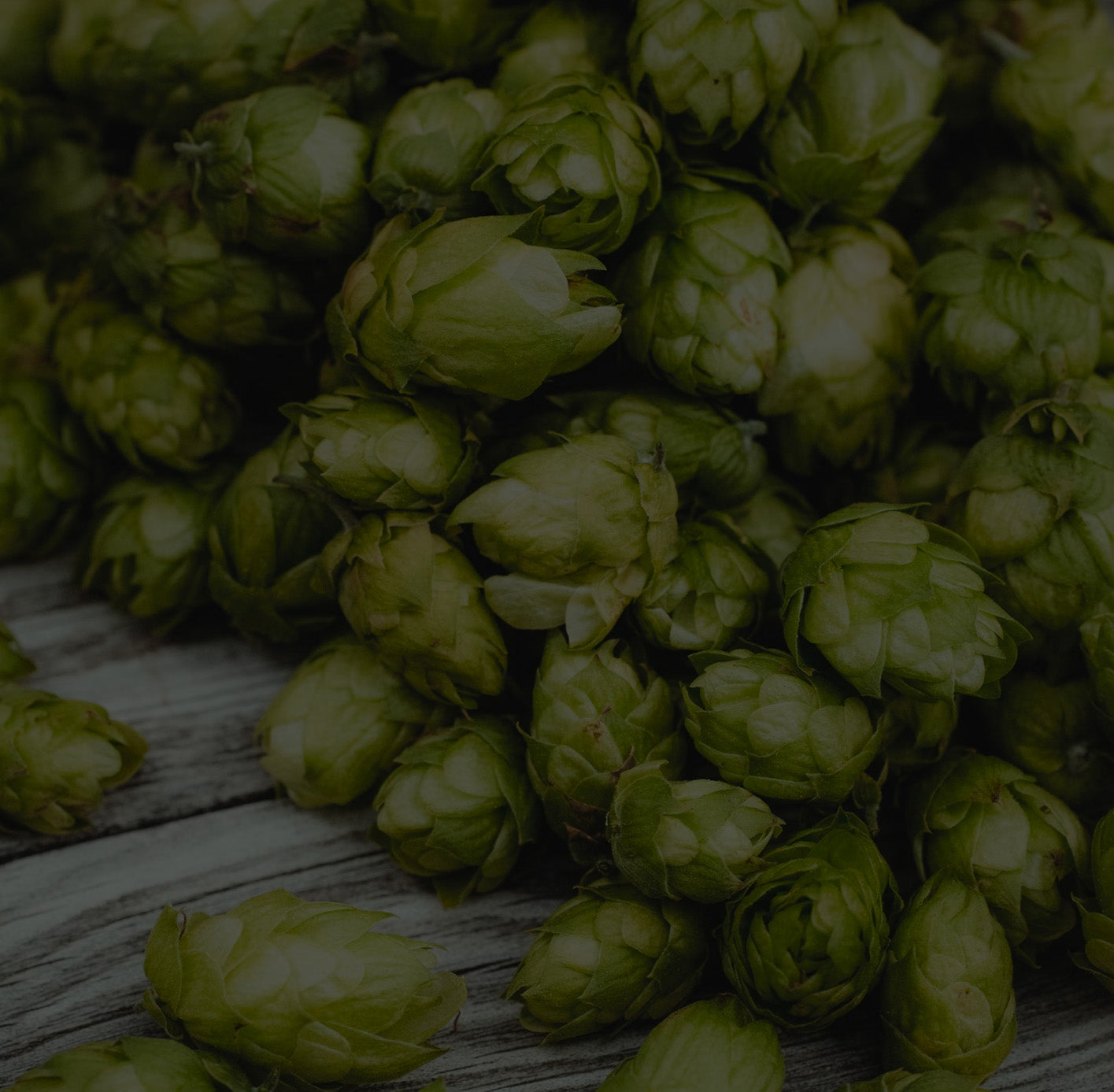This episode of Moonshiners sees the moonshine season in full force. During late summer and into the fall, corn is harvested. Corn is the main ingredient in the best kind of shine - Corn Whiskey. These months are also the time when foliage on trees in the woods is dense enough to cover moonshiners' still sites, making for an ideal time to distill.

Looking to take advantage of the heavy activity of moonshiners in their prime time, Jesse, an official with the Virginia Department of Alcoholic Beverage Control, looks for bootlegger deliveries. He is pounding the pavement, conducting surveillance, and generally working hard to bag his first takedown of the season. Jesse has a legacy to live up to - his predecessor caught almost 200 moonshiners in his final moonshine season with the department. Even though enforcement is a difficult job, Jesse is eager to catch moonshiners.
Despite the antics shown on Moonshiners, it should be noted that distilling alcohol is illegal without a federal fuel alcohol or distilled spirit plant permit as well as relevant state permits. Please read our complete legal summary for more information on the legalities of distillation.
"All the hours you put into it is worth it," he said, explaining that hard work pays off once criminals are caught and in jail. Jesse was forced to abort his last mission because a moonshiner's dog may have alerted the brewers to Jesse's team's presence in the woods. Jesse has instead decided to focus his efforts on the demand side of the moonshine chain, meaning that he looks to target those people purchasing the brew. From there, he hopes to work his way back to the brewers. Jesse spends the first part of the episode outside of a known stash house, which is where moonshine is stored before distributors run it to its next stop. Jesse stakes out the site, trying to see if anyone is moving shine. This will hopefully help him develop leads on moonshiners, bootleggers, and liquor kingpins.
On the other side of the law, moonshiners Tickle, Tim, and Tim's son, J.T., put the last touches on their still site in the middle of the Virginia woods. Their mash is ready to go and they are nearly set to begin brewing moonshine. Corn Whiskey mash is made by cooking a mixture of water, corn, and sugar. Yeast is added once the mash cools, causing the mixture to ferment. A fermented batch of mash is called a wash, and this gets distilled. Tim declines to explain in-depth about his mash process, saying it may get him in trouble with the law.
Before starting their run, the Moonshiners make a few adjustments to the still site, including ensuring the pot is properly capped. Everything must be level and secured. As fire heats the pot from below, rising steam will generate pressure and could cause the cap to explode if not properly sealed. The most vulnerable part of the still is the cap. "You could get burned or scalded," Tim explains, detailing the dangers moonshiners face during the actual distillation process.
Although it isn't rocket science, "Moonshining is a special art," Tim says. "You do need to know how to do it." Tim is worried about the potential danger of something going wrong during the distillation run. However, as long as the right safety precautions are followed nothing should go wrong.
The other thing that everyone needs to know is this: "Moonshine" stills can be used for the production of distilled water and essential oils without the need for any federal permits. Production of fuel alcohol requires a federal fuel alcohol permit. Production of distilled spirits requires a federal distilled spirits permit. Also, each state has its own rules on use and permit requirements. Be sure to research your particular state's rules and comply with all legal requirements.
Here are a few more of the most important safety tips for distillers:
- Always use a pure copper still. Though Tim's still looks to be dirty and dilapidated, it is actually pure copper. Copper is the best material to use for stills because it conducts heat evenly and imparts a better taste to the liquor than stainless steel stills - most of the worlds major distilleries use copper stills to brew their liquor. Never use a still that was constructed with something other than copper or stainless steel. Also, never use a copper still unless the seams were soldered with lead free solder.
- Always distill outdoors. Tim distills outdoors because the risk of fire and other dangers are easier to manage. Tim works to make sure the cap is secured on his pot in order to control escaping alcohol vapor. If there is a leak, it wastes the liquor and could could cause big problems, such as a fire if he was distilling indoors. The old timers used flour paste to seal the different parts of their stills together. The only distillation operations conducted indoors should be those managed by commercial distillers. These operations have many sophisticated safeguards in place to prevent problems.
- Don't ever sell moonshine. Distillers should never make spirits for personal consumption without the proper permits. Even worse is doing so and then selling it. Both are illegal and could result in prison time. Invest in the proper permits and documentation and follow the rules as closely as possible.
Near the end of the episode a (very) brief history of prohibition in the United States was offered. In the 1790s, U.S. Treasury Secretary Alexander Hamilton levied a tax on whiskey to help pay off the national debt under the George Washington administration. People and organizations tied to the whiskey industry protested and rioted against the government in what was known as the Whiskey Rebellion. Today, the illegal moonshine trade continues and is estimated to be a $100 million per year tax-free industry.
After the history lesson, Moonshiners Tim and Tickle decide to blow off some steam before beginning to make their next batch of moonshine. Tim shows off a new automatic rifle he has purchased, and they take turns firing at an old car hood across the property that now doubles as a target.
"What do you think?" Tim asks at one point. "A moonshiner with a machine gun?"
"Sounds like a dangerous person," J.T. offers. Everyone laughs.
"If terrorists ever come around, you know what they got to worry about?" Tickle asks. "Moonshiners." Tickle emphasizes that the country made its money on moonshine and that moonshiners made the country.
The incessant ringing of Tim's cell phone breaks up the fun and camaraderie of the team. On the line is Tim's distributor, who puts pressure on the team to make 100 gallons of moonshine by the next day. Tim and Tickle know they must get started overnight to meet the order and plan to start cooking the batch of moonshine as the moon shines down through the trees in the woods.
If you liked this article, you may also be interested in our article on Moonshiners - Season 1 Episode 3 - The Law Comes Knockin'.
Remember, distilling alcohol at home for consumption is illegal. Do not do this.






Leave a comment